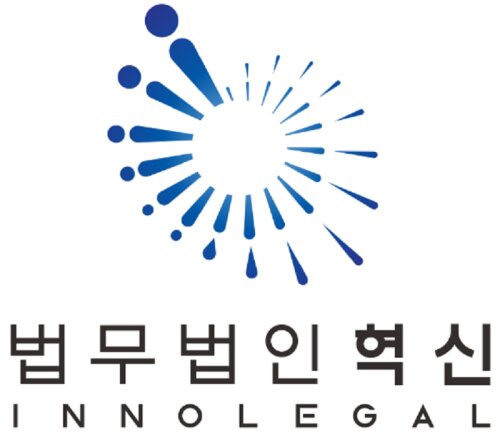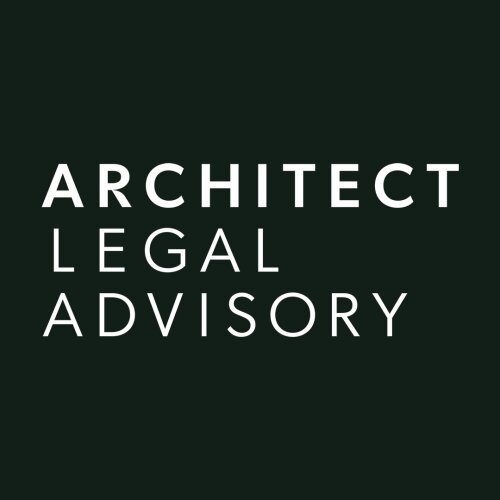Best Technology Transactions Lawyers in Seoul
Share your needs with us, get contacted by law firms.
Free. Takes 2 min.
List of the best lawyers in Seoul, South Korea
About Technology Transactions Law in Seoul, South Korea:
Technology Transactions refer to the legal aspects of transactions involving technology, such as licensing agreements, software development agreements, and technology transfer agreements. In Seoul, South Korea, Technology Transactions are governed by various laws and regulations to ensure fair and transparent transactions between parties.
Why You May Need a Lawyer:
Technology Transactions can be complex and involve intellectual property rights, data protection laws, and contractual obligations. A lawyer specializing in Technology Transactions can help you navigate these legal complexities, protect your rights, and ensure that your transaction complies with the relevant laws and regulations in Seoul, South Korea.
Local Laws Overview:
In Seoul, South Korea, Technology Transactions are governed by the Korean Intellectual Property Office (KIPO) and the Korean Communications Commission (KCC). Key laws relevant to Technology Transactions include the Korean Patent Act, the Korean Copyright Act, and the Personal Information Protection Act. It is important to comply with these laws to avoid legal disputes and potential liabilities.
Frequently Asked Questions:
1. What is the importance of a well-drafted technology contract?
A well-drafted technology contract clearly outlines the rights and obligations of each party, reduces the risk of misunderstandings or disputes, and provides legal protection in case of breach of contract.
2. How can I protect my intellectual property rights in a technology transaction?
You can protect your intellectual property rights by including confidentiality provisions, intellectual property ownership clauses, and licensing terms in your technology contract.
3. What are the implications of data protection laws in technology transactions?
Data protection laws require parties to ensure the security and privacy of personal data collected or processed in technology transactions. Non-compliance can result in fines and legal penalties.
4. What are the key considerations in negotiating a technology license agreement?
Key considerations in negotiating a technology license agreement include licensing fees, duration of the license, scope of the license, intellectual property ownership, and termination clauses.
5. How can I resolve a dispute in a technology transaction?
Disputes in technology transactions can be resolved through negotiation, mediation, arbitration, or litigation. A lawyer can advise you on the best course of action based on your specific situation.
6. Can I terminate a technology contract before its expiration?
You can terminate a technology contract before its expiration if there is a valid reason for termination specified in the contract, such as breach of contract or mutual agreement between the parties.
7. What remedies are available in case of breach of a technology contract?
Remedies for breach of a technology contract may include damages, specific performance, injunctions, or termination of the contract. A lawyer can help you pursue the appropriate remedy based on the circumstances of the breach.
8. What are the legal requirements for technology transfers in Seoul, South Korea?
Technology transfers in Seoul, South Korea are subject to regulations under the Korean Intellectual Property Office (KIPO). It is important to comply with these regulations to ensure the legality of the technology transfer.
9. How can I ensure compliance with export control laws in technology transactions?
To ensure compliance with export control laws, parties involved in technology transactions must conduct due diligence on the export control regulations applicable to the technologies involved, obtain necessary permits or licenses, and comply with reporting requirements.
10. What should I do if I suspect a breach of my technology contract?
If you suspect a breach of your technology contract, you should consult with a lawyer specializing in Technology Transactions in Seoul, South Korea. The lawyer can review the contract, assess the situation, and advise you on the appropriate legal action to take.
Additional Resources:
For further information on Technology Transactions in Seoul, South Korea, you can visit the Korean Intellectual Property Office (KIPO) website or contact the Korean Communications Commission (KCC) for guidance and support.
Next Steps:
If you need legal assistance in Technology Transactions in Seoul, South Korea, it is advisable to consult with a qualified lawyer who specializes in this field. The lawyer can provide you with expert advice, negotiate on your behalf, and protect your interests in technology transactions.
Lawzana helps you find the best lawyers and law firms in Seoul through a curated and pre-screened list of qualified legal professionals. Our platform offers rankings and detailed profiles of attorneys and law firms, allowing you to compare based on practice areas, including Technology Transactions, experience, and client feedback.
Each profile includes a description of the firm's areas of practice, client reviews, team members and partners, year of establishment, spoken languages, office locations, contact information, social media presence, and any published articles or resources. Most firms on our platform speak English and are experienced in both local and international legal matters.
Get a quote from top-rated law firms in Seoul, South Korea — quickly, securely, and without unnecessary hassle.
Disclaimer:
The information provided on this page is for general informational purposes only and does not constitute legal advice. While we strive to ensure the accuracy and relevance of the content, legal information may change over time, and interpretations of the law can vary. You should always consult with a qualified legal professional for advice specific to your situation.
We disclaim all liability for actions taken or not taken based on the content of this page. If you believe any information is incorrect or outdated, please contact us, and we will review and update it where appropriate.
















